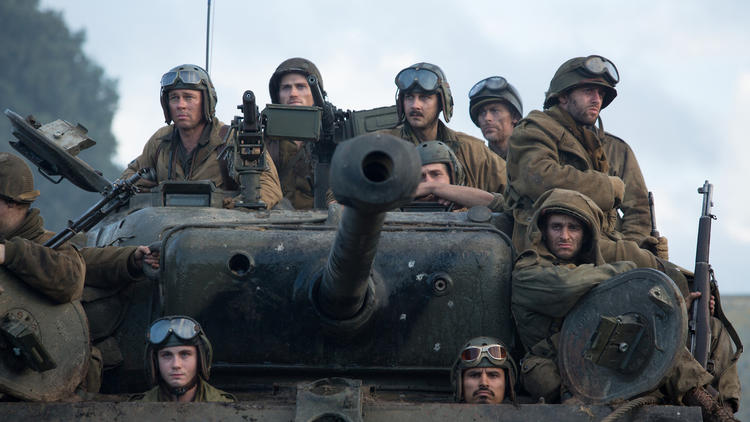
“Ideals are peaceful. History is violent,” explains one soldier in Fury, which shows the intense collaboration required among soldiers during combat, as well as the physical and psychological toll war takes on those who fight it. Principles give way to rationalizations amid repeated kill-or-be-killed engagements, and even Bible-believing soldiers use Scripture to their own questionable ends. Yet while other, similar films have extolled the idea of a noble death for their characters, Fury stops short of that notion, suggesting that there’s a place for the exercise of conscience during warfare, and that the vilest opponents are capable of acts of compassion. The film delivers many of the familiar genre beats of wartime movies, but then goes beyond them, reaching a place that feels more transcendent even as it honors the sacrifice of those who paid the highest price to defeat Germany. Fury leaves us contemplating what sort of choices we would have made had we been in their position, and what we might do when our loyalty to God conflicts with our loyalty to earthly authorities. The film’s great strength is an ambiguity that leaves room for more than one answer. — Christian Hamaker (Crosswalk.com)
Arts & Faith Lists:
2014 Arts & Faith Ecumenical Jury — #10